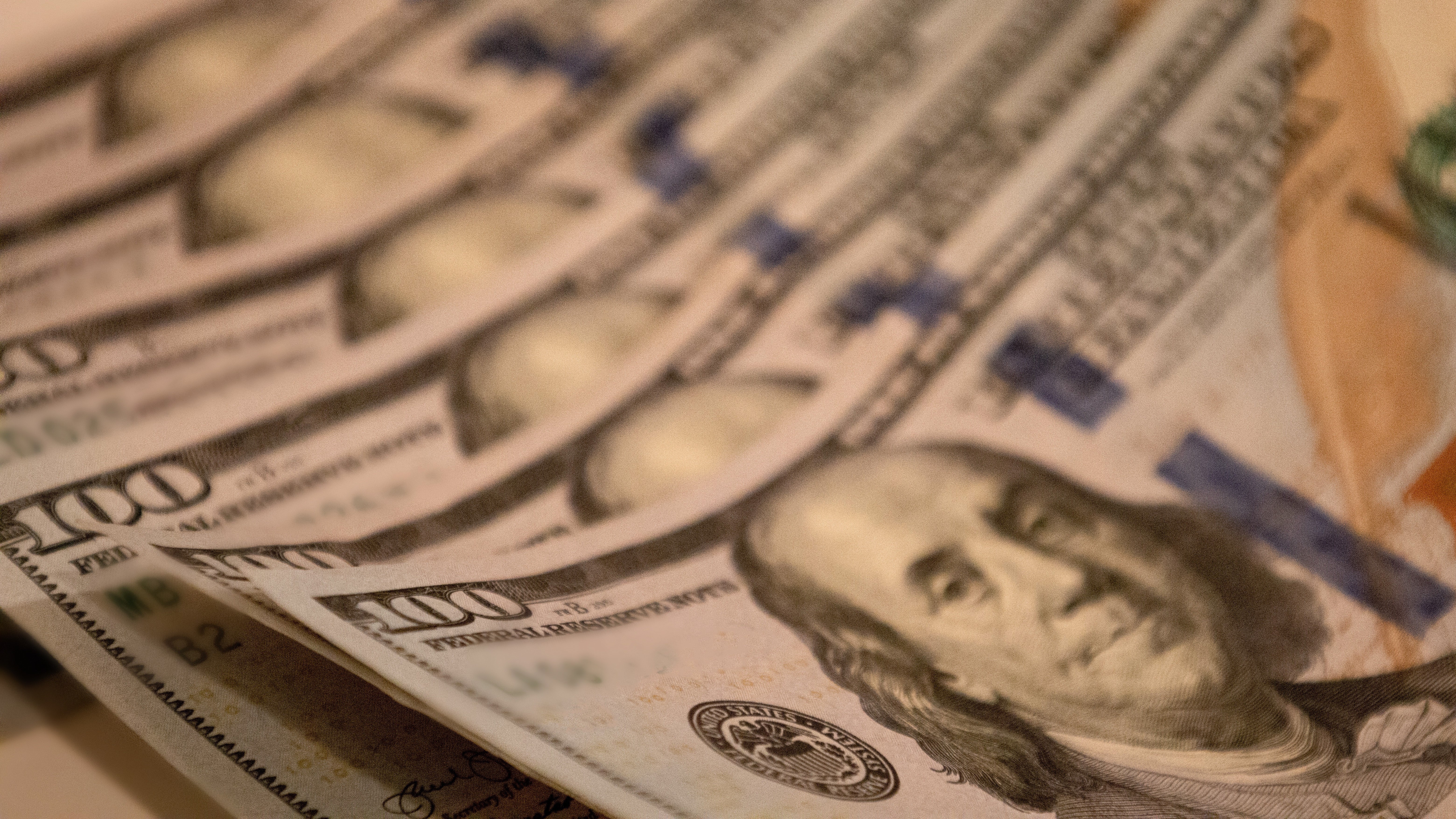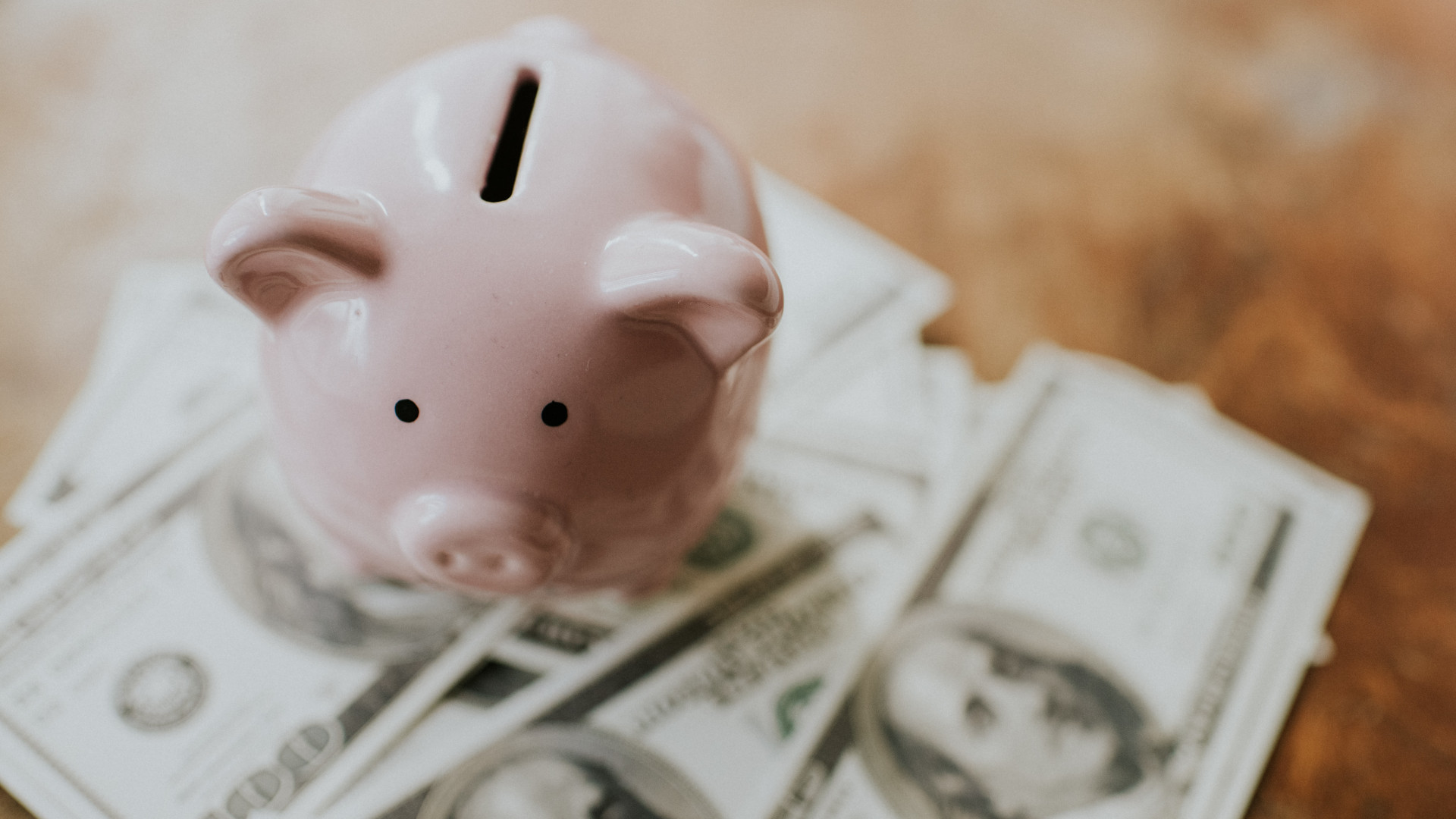Fewer than 4 in 10 Americans believe they would be able to pay an unexpected $1,000 bill from their savings, and would have to borrow to cover a surprise expense. Highlighting the fragile financial situation many American households face right now, the new Bankrate research found that just 39% of US adults could absorb the cost of a four-figure auto repair bill or emergency room visit by tapping into savings.
To meet the cost, 18% of those questioned said they would need to use their credit card and clear it when they could, while the same proportion felt they could pay the bill without borrowing, but would have to make room in their budgets by cutting back elsewhere. A further 12% said they would ask family or friends for financial help, while 8% said they’d need to look to the best personal loans online.
“The precarious state of Americans’ emergency savings has been further set back by the pandemic, with nearly as many needing to borrow to cover a $1,000 unplanned expense as those that can pay for it from savings,” said Greg McBride, CFA, Bankrate chief financial analyst.
Could you pay a four-figure bill?
Worryingly, with coronavirus and its associated fallout still major problems across the US, more households inevitably find themselves open to encountering such expenses and not being able to pay them. Indeed, separate research from the Federal Reserve suggests that almost a third of Americans will need to raise as much as $2,000 over a one-month period to cover surprise costs at some point this year.
While money paid out under stimulus check 2 could perhaps be put aside for such emergencies, and maybe even tax refunds if you’re owed anything after you’ve filed and stowed away your tax software for another year, many people will already have other more immediate priorities for these funds.

For many, that leaves going into debt as the only option. Yet while interest rates on other types of debt such as mortgages have been sitting at or near to record lows in the past year, Bankrate says the average interest rate on a credit card remains upwards of 16%. If you can’t pay off your credit card borrowing quickly, charges can rapidly add hundreds of dollars to the cost of that car repair or hospital visit.
With regard to those who said they’d take out a personal loan, it will almost certainly be a better option than taking out a payday loan. But in an ideal world, you wouldn’t need to borrow at all.
How to prepare for covering a surprise bill
The chance that you could soon face a significant surprise bill is far too high to be unprepared, so it’s definitely best to plan in advance if you can, and be ready for when these financial shocks appear.
If you own a vehicle, car warranty services are a good way of safeguarding against car repair bills, while the benefits of health insurance are well known and have sadly come to the fore amid the pandemic. However, to cover the likelihood of other expenses that might crop up, it’s best to save up an emergency fund in a savings account with one of the best online banks.
Ideally, you should aim to put aside enough funds in easily accessible savings to cover three to six months of your usual living expenses. Obviously, this is not something that can be achieved overnight, so start small, and go from there - a recent survey found that just $100 in savings can stop you needing to borrow in some instances. You might also be able to save faster if you look over what you spend each month, and maybe cut back on some of the non-essential purchases that you could maybe do without, at least until your emergency fund is in place.

What to do before your fund is established
Of course, there’s always a chance that a large bill will appear before you've saved enough to cover it. If this happens, it’s always a good idea to speak to family or friends first, to see if they can help. If they can’t, and you need to borrow from elsewhere, look at the possibility of a credit card with a 0% introductory rate - as this won’t charge interest for a set period, you’ve given yourself some time to get it paid off before interest starts to be applied.
If you’re getting rejected for a credit card, consider a personal loan, and perhaps also take a look at credit repair services to see if they can boost your credit and make you a more attractive proposition to lenders. What is definitely worth repeating is to avoid payday loans if you can, as the high interest they charge can make it extremely difficult to get back on track if you start missing payments. And should debt start getting on top of you, consider debt consolidation, or reach out for help from loved ones or a debt counsellor, but don't stand by as the problem spirals out of control.

